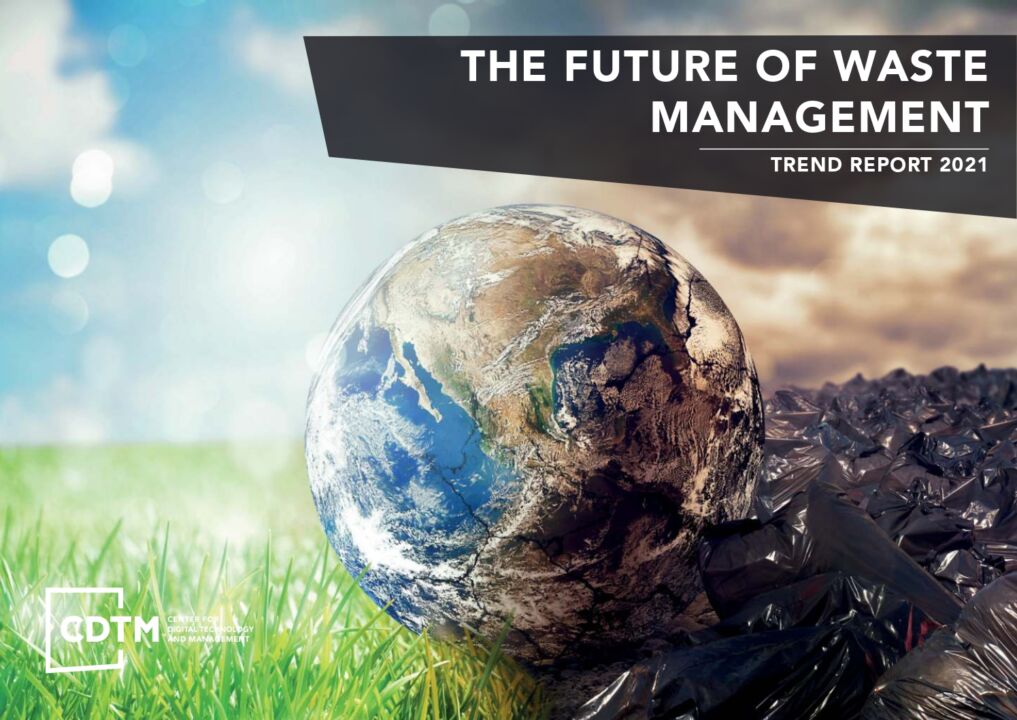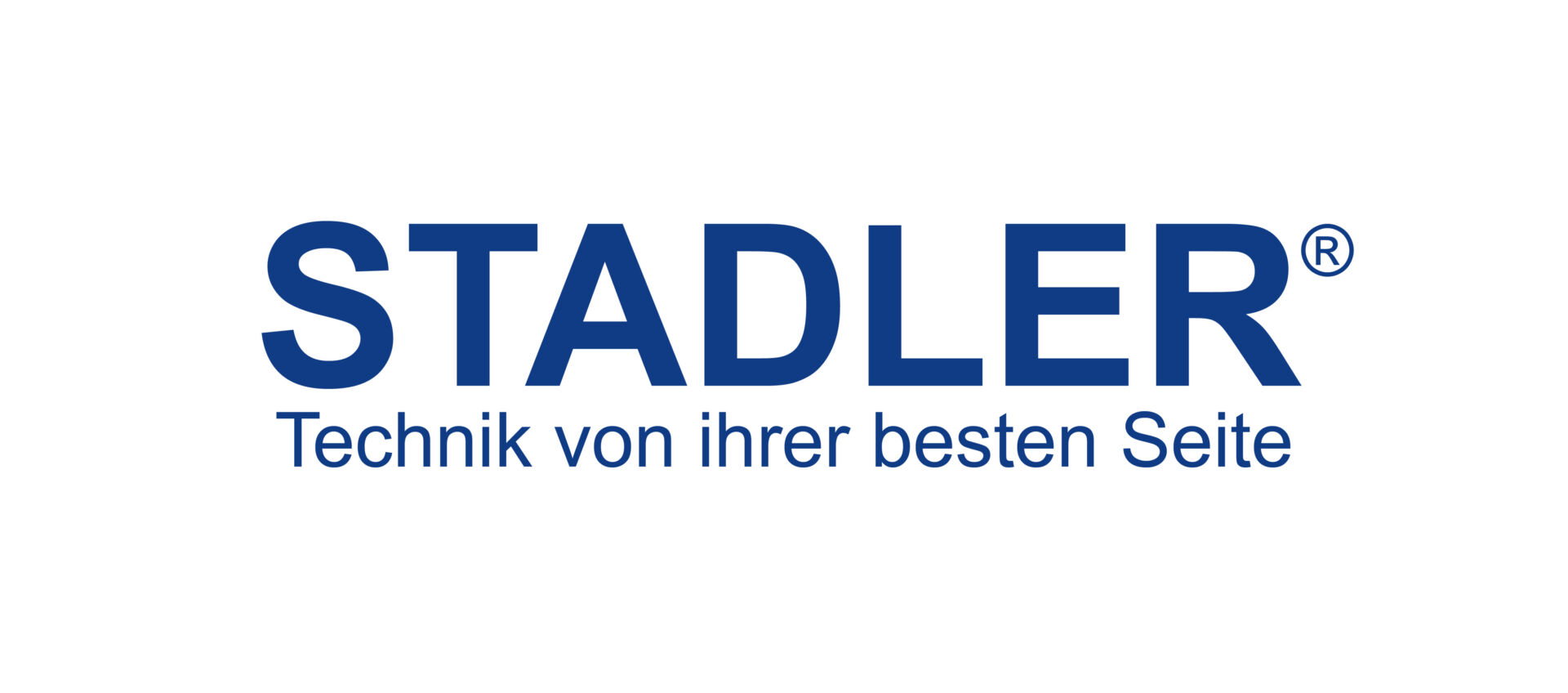
The Future of Waste Management
Abstract
How will we be managing our waste in the future? An ever-increasing standard of living and the promotion of a consumerist world have also brought along a sharp increase in waste generation. Germany, for example, produces the biggest share of packaging waste in Europe. These changes in our production and consumption patterns have introduced the need for a whole new universe of recycling methods and technical innovations. How can we best deal with all the trash we produce? How will we recycle our waste, and reuse or repair products in the future? How will legislation influence product design and repairability? How can we improve our consumption and recycling habits in our everyday lives?
TRENDS
Changing Consumer Behavior: The term consumer behavior describes the actions and decisions people make when they purchase goods and services for their consumption. Within the waste management context, people can make choices that are beneficial or detrimental regarding their waste footprint. Environmental knowledge, attitudes, and social norms are the most influential predictors of potential behavioral changes. For example, the strength of these factors influences whether the waste is already sorted by the consumer or a new item is preferred over a second-hand product. It is not just individuals contributing to changing consumer behavior, but also private organizations, educational institutions, and governments that have an impact on this driver.
Data in Waste Management: Insights gained through data into waste streams have the potential to impact waste management directly. Legislative measures highly depend on the availability of data. Strict regulations can be enforced by measuring the actual compliance to them. Tracking waste also impacts the extent to which consumers can make informed choices about their waste footprint. Regarding technical optimization, data plays a crucial role in the efficiency of recycling and sorting technologies. In order to use data effectively, it needs to be collected, analyzed, and shared between different stakeholders in the waste management value chain.
Wastopia: A future in which consumers are very conscious about sustainability and their waste footprint, fueled by complete data transparency across all waste management processes for the industry, as well as the individual.
Guided Consumer Ignorance: In this scenario, consumers do not care about their waste output at all, but due to data-driven and profitable waste management, the businesses efficiently manage to compensate for the increased waste of the consumers.
Wasteland: In this world, consumers live without considering their waste footprint, which, combined with the low usage of data in the waste management industry, leads to recycling processes becoming infeasible and extinct.
Reduce, Reuse, Confuse: Consumers are very considerate of how their behavior affects their waste footprint, but decisions are aggravated by the lack of data in the waste management industry. This leads to frustrating inefficiencies for all stakeholders.
Business models
1. Cha Taka - Enabling efficient waste collection and transportation through small-scale entrepreneurship in sub-saharan Africa
2. Chuteout - The smartest and most convenient way to manage waste in multi-storey buildings
3. BatterX - Automated battery detection
4. Sorvis.io - Moving sorting plants forward
5. Designo.ai - Design for recycling made simple




